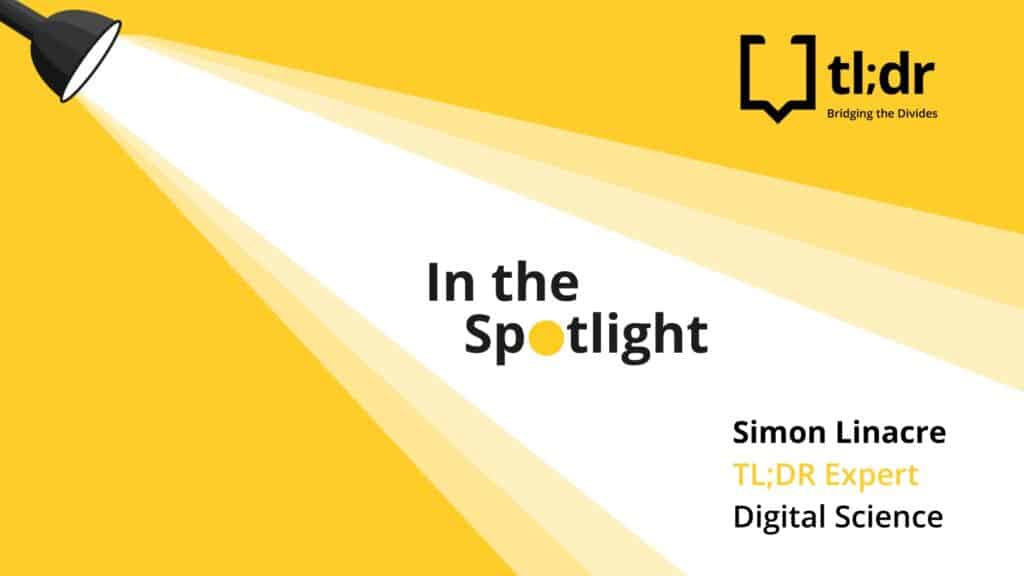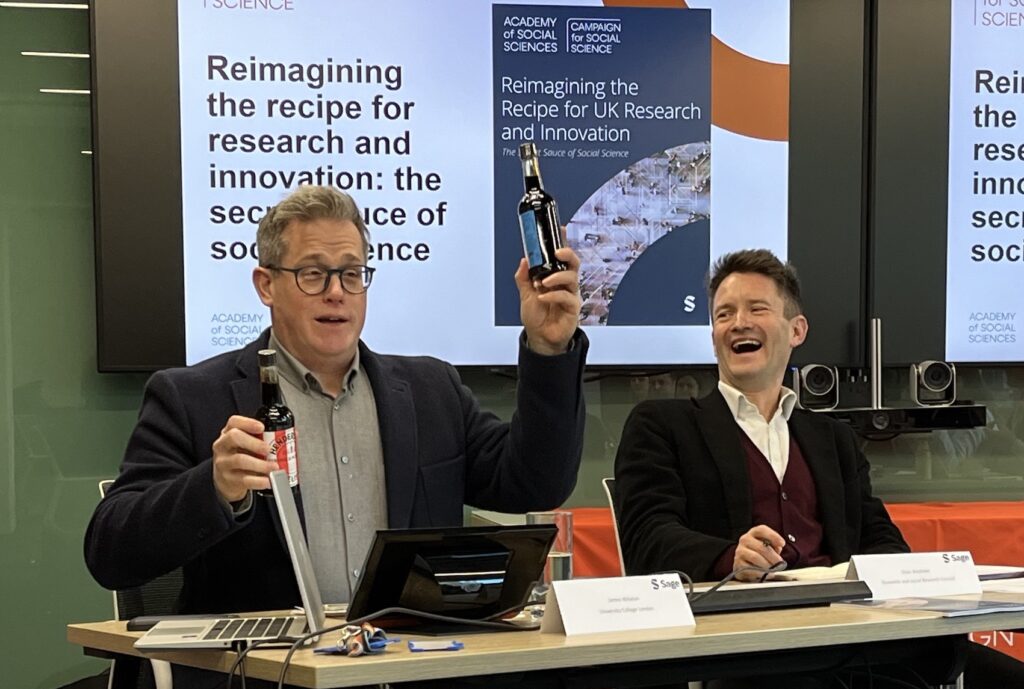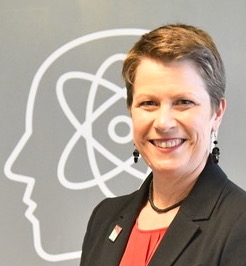
Digital Science was recently involved in the release of a major new report from the Academy of Social Sciences (AcSS) on social science research and its potential contribution to UK research and innovation. Titled ‘Reimagining the Recipe for Research & Innovation’, the report details four key ‘ingredients’ that make up the ‘secret sauce’ for success by combining social science research with traditionally better-resourced STEM subjects.
But is there more to the report than just a clever metaphor? Below and over the next three weeks, we take a quick look at the report’s findings and, perhaps more importantly, the methodology behind the study, which used Dimensions data to understand the research landscape. Because Dimensions is the world’s largest collection of linked research data with over 140 million publications, it is a rich source of information on the impact of social science research.
Enabling whole-systems thinking
The AcSS report aimed to better understand the UK’s research and innovation (R&I) position, which is currently in a state of transition. Overall, the report argues that investment in R&I in the UK lags behind its competitors, despite the regard its higher education sector enjoys. The authors – which include Dr Juergen Wastl and Dr Kathryn Weber-Boer from Digital Science – seek to identify the role social sciences can play to ensure the UK’s position is optimized when it comes to R&I investment.
The first ingredient in the mix is for the social sciences to enable ‘whole-systems thinking’. What does this mean? The focus here is on innovation and entrepreneurship, and how social science can enable a better understanding of system capabilities such as economies, institutions, skills or culture. These contexts shape how enterprises in the UK can develop; being able to read them and make the right investment decisions on the back of it is a key part of a successful and dynamic economy.
The authors feel this point needs emphasizing as too often the social sciences are seen as a handbrake by contributing to ‘ELSIfication’, ie. stressing ethical, legal or societal implications (ELSI) in a given situation. However, that perception is questioned by the report which points to some key advances made in STEM research – such as in artificial intelligence (AI) and trustworthy autonomous systems (TAS) – where the level of expertise in these and related areas in social sciences in the UK far outpaces that of STEM. There is a huge untapped, advanced resource for STEM that would benefit R&I development if the two areas collaborated.

“…not only can social sciences improve STEM research and technological innovation by understanding the contexts they exist within, but they can also offer significant ‘value add’ when it comes to taking scientific breakthroughs into the society we live in.”
Case study
An example of the type of collaboration envisaged by the authors is given with the story of Professor Lucie Cluver in South Africa (University of Oxford and University of Cape Town), whose work on the impacts of AIDS showed that offering welfare payments to young orphaned girls meant they were less likely to seek older boyfriends who might, in turn, infect them. Understanding the complex social, environmental and psychological impacts of the disease has therefore provided an effective way to reduce infections above and beyond any STEM research into AIDS itself.
What we can see here is that not only can social sciences improve STEM research and technological innovation by understanding the contexts they exist within, but they can also offer significant ‘value add’ when it comes to taking scientific breakthroughs into the society we live in – above and beyond the checks and balances of ensuring ethical and legal parameters are maintained. The report is also keen to stress the relative superiority UK research enjoys in the social sciences, and how this can benefit STEM research as a whole when it comes to its impact on society.
Next Time
The next ingredient is… Social sciences are critical for good policy development.





























